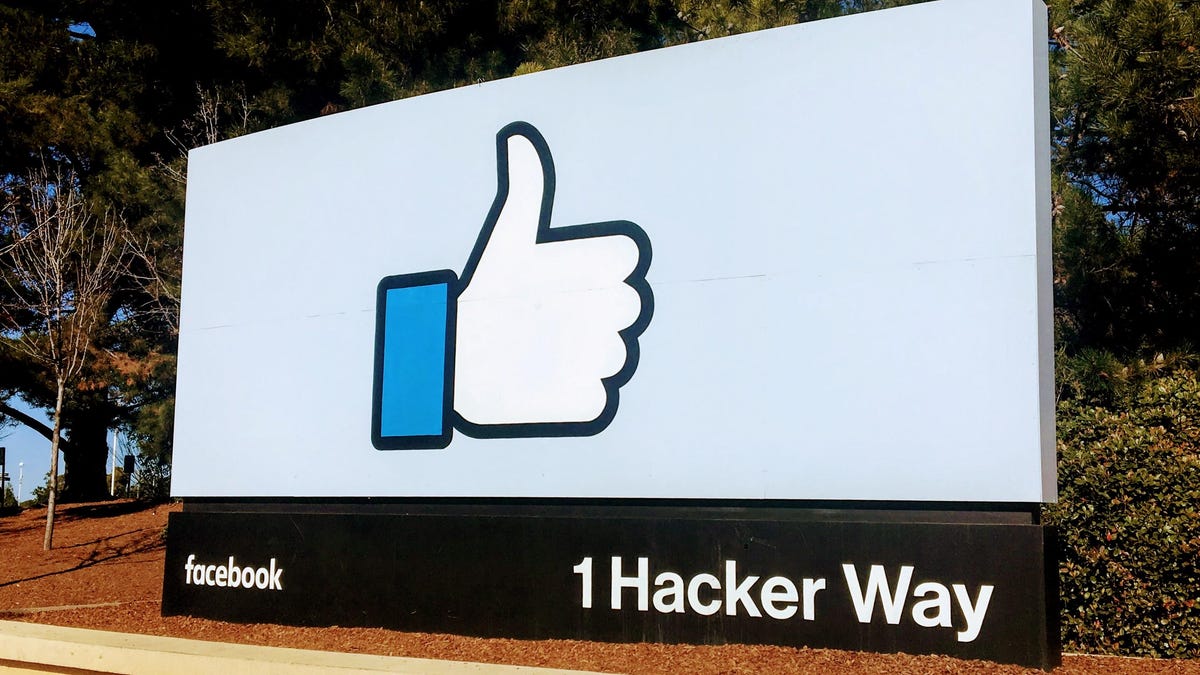How researchers will protect your Facebook data from thieves
A professor took data on 87 million Facebook users and sold it to Cambridge Analytica. Rest assured, researchers invited to look into Facebook's data will be adhering to stronger standards.

Facebook's headquarters in Menlo Park, California.
Researchers studying Facebook's data are taking several key security measures to prevent the next Cambridge Analytica scandal from happening.
Facebook is allowing select academics to examine its data as part of a new election research commission. It's an unprecedented level of access, as Facebook opens up its secrets to researchers looking to find out how social media affects democracy.
But the relationship brings up a serious question: How will these researchers protect those secrets -- our data -- especially in the wake of the Cambridge Analytica scandal?
Cambridge Analytica, a UK-based voter profiling firm, as well as other analytics companies, obtained data on 87 million Facebook users after a Cambridge University researcher named Aleksandr Kogan created an app to harvest data and passed it along to the firms.
The stolen data was so widespread that it even swept up information on Facebook CEO Mark Zuckerberg. But the researchers who Facebook will be inviting in won't be able to do the same, said Gary King, a Harvard University professor who is spearheading Facebook's new initiative.
While the researchers will have access to Facebook's data, there'll be multiple security standards in place to prevent any leaks, King said during a question-and-answer session online. He highlighted Harvard's dedication to protecting sensitive data, pointing to a nearly 80-year-long study with participants including John F. Kennedy and the Unabomber, which never leaked.
"Everything is audited on the system. You type the letter K, and everybody knows," King said. "There's not going to be anyone stealing your friend's information."
King said that Facebook's data would be heavily protected. Some researchers won't even have access to it unless they are physically in Facebook's headquarters in Menlo Park, California, he said.
Other security measures include researchers only being able to access Facebook's data in a locked room without internet access, or using encrypted laptops only programmed to help with research.
Cambridge Analytica: Everything you need to know about Facebook's data mining scandal.
Blockchain Decoded: CNET looks at the tech powering bitcoin -- and soon, too, a myriad of services that will change your life.

